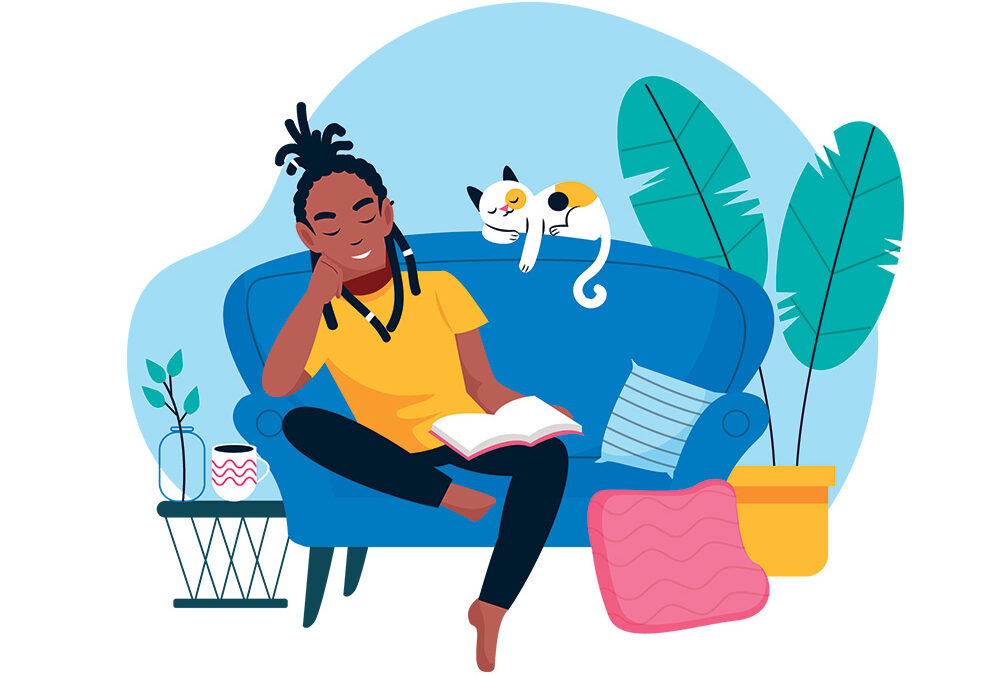How did I learn to read? I have long since forgotten. I would love to know how I learned to read. In some ways, I want to be transported back to my childhood to find out. What was the defining fact that brought me to where I am today?
I went to St Mary’s Primary School in Northcote, Auckland. Was it the nuns that taught at the school that started me on the reading journey?
I vaguely remember beginning to write and sitting in a classroom at a single desk where maybe 20 other five and six-year-olds were. In those days, we used fountain pens. Getting the ink into the fountain pen was a pain; I was so pleased when ballpoint pens came along to use. I also remember being told to keep using a fountain pen; they are better than ballpoint pens. I would probably have agreed with that, but the ink ended up on the desk and fingers, something I hated, so the ballpoint pen was the ideal choice for me. I probably also agreed with the nuns that I would always use the fountain pen to please the nuns, but I knew as soon I was out there that the fountain pen would be a historical artefact.
But how did I learn to read?
I feel it must have been ongoing interactions with books and reading material and a good start at St Mary’s that led me to where I am now.
Even from a young child, I loved newspapers and books and would sit there reading them. I could hear the writer’s voice, their writing in the book or newspaper article. I was not always agreeing with newspaper journalists’ opinions but tried to envision their opinion in my head. Look at both sides of the argument.
When reading a book, I could visualise the story and be there in the story looking at the surroundings and somehow being a part of it.
So, it came as a surprise that not all people can do this. Some people cannot hear the voice in their head. In this article, ‘Do you hear a voice in your head when you read? If not… you could be dyslexic’ from the Daily Mail Australia gives a good outline of Gary Chevin’s discovery that he did not have the reading voices in his head.
In the article, Professor Rod Nicolson believes he has found a link between lack of inner speech and poor reading ability.
I do remember reading out loud to my mother from a book. Either at the dining room table while preparing our evening meal or sitting on the floor with my back to the couch while she sat on the sofa and semi- watched television. I wasn’t allowed to watch tv until I read the book’s allocated pages. Then later, there was the swap for bedtime. I had the book read to me. I suppose the different reading environments helped develop the reading skills.
Reading Aloud
I enjoy people reading aloud. My partner reads the newspaper aloud, as she says that her reading is not much good. That’s not true. English is a second language for her; it is more of a confidence issue. But it is always good to have discussions about the article and listen to both of our perspectives.
I also had a work colleague who would read aloud frequently while sitting at her desk. It never bothered me; it was a part of the environment until I realised she was no longer reading aloud. Was it that her reading had reached a stage, as they say in the Gary Chevin story, “’At some stage, as their reading improves, so does their ability to sight-read [to read in their heads], and that is the stage at which reading really takes off.” I think that she had taken off; she needed to understand the complex material that she was reading, and reading aloud was her tool to do that until she could hear the voice in her head.
It doesn’t matter whether it is adults or children; encouraging reading will pay dividends. Reading aloud will help critical reading skills and find the inner voice. If you haven’t started it, try it, or help somebody struggling with their reading, ask them to read it aloud while you listen.
The Rural Youth and Adult Literacy Trust is a dyslexia friendly literacy trust. If you want help with reading and writing, contact us today!

